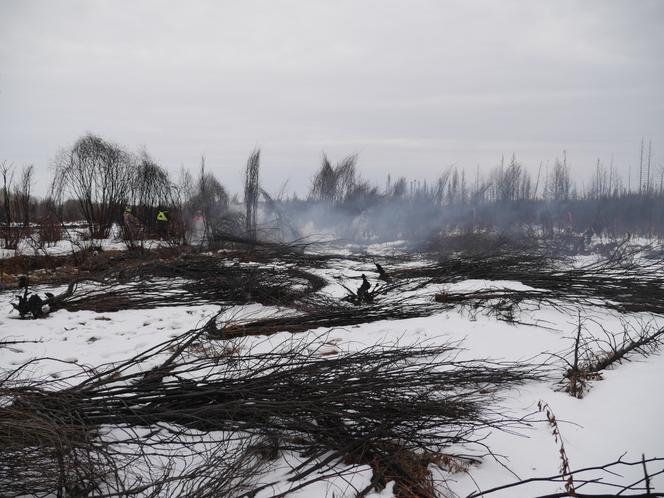


Is the exceptional bound to happen again? In 2023, Canada experienced its worst year for forest fires on record. Starting in April, some 6,700 fires ravaged 18.5 million hectares across the country, the equivalent of an area the size of Greece, producing smoke so intense that it spread as far as the neighboring United States. As the winter of 2024 draws to a close, experts remain cautious. "It's risky to make predictions," explained Yan Boulanger, a forest ecology researcher with Natural Resources Canada. "Heavy precipitation in the spring could quickly change the situation." However, experts generally agree that conditions are currently ripe for the coming fire season to start earlier and potentially be as devastating as the one in 2023.
In the west of the country, in British Columbia and the vast prairie province of Alberta, traces of last year's fires are causing fear. "Over 150 fires which began in 2023 are still active in early spring," said Marc-André Parisien, a researcher with the Canadian Forest Service based in Edmonton, Alberta. In previous years, only about 15 continued to burn through the winter. Also known as "zombie fires," these slow-burning blazes smolder in the peat bogs, the deep organic soils of America's boreal forest. They give off no flame, only the occasional smoking vent, but threaten to flare up again once the snow disappears.
"All it takes is an ember, fanned by a warm wind like the Chinook, which blows regularly here, for wilted grass on the prairies or softwood needles in the forests to immediately turn to fuel," feared Parisien. "We've been hard at work all winter watching out for these winter fires threatening villages like Fort Lake in the north," said Josée St-Onge, spokeswoman for the Alberta provincial fire department. "But between now and the end of the month, as soon as the snow has completely melted, we'll be doing a 'thermal scan' to identify any active hot spots, as these are the ones that could wake up first and turn into megafires," she explained.
The other factor fuelling fears of an early and intense resurgence of wildfires is the particular meteorological conditions of the winter the country has just endured. Like the rest of the planet – which saw its hottest January on record, with an average temperature of 13.14°C according to the European observatory Copernicus – Canada set a series of heat records throughout the winter season. The temperature in Toronto (Ontario) on February 9 was 15°C, compared with the seasonal average of -2°C. Meanwhile, the temperature in Quebec over the past three months has been almost 4°C above normal. This exceptionally mild winter has been accompanied by low snowfall. A climate change map drawn up by the Canadian Ministry of the Environment shows that by mid-March, almost the entire country had a snow cover deficit of between 30 and 40 centimeters, compared with averages recorded between 1998 and 2011.
You have 38.8% of this article left to read. The rest is for subscribers only.
